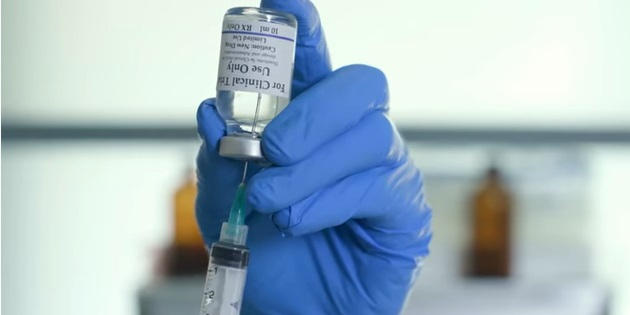Influenza vaccine uptake in Australia has dropped in the current winter months as a result of fatigue from the Covid-19 pandemic and the cost-of-living crisis, experts warned on Thursday.
According to the latest data from the Australian Immunization Register, 8.5 million Australians -- or about 32 per cent of the population -- had received a 2023 flu vaccine as of July 9, reports Xinhua news agency.
It marks a fall from 10.4 million at the same time in 2022.

The fall came despite public campaigns warning of a possible blow to the health system from a spike in influenza, Covid-19, and respiratory syncytial virus (RSV) cases.
There had been 116,473 confirmed flu cases in Australia as of June 25 in 2023.
Sian Goodson, chair of the South Australian (SA) branch of the Royal College of General Practitioners, said that the number of cases will grow rapidly without higher vaccination rates.
"The virus itself, less immunity naturally and less uptake in vaccines -- all of those things combined together can make a pretty bad flu season," she was quoted by the Australian Broadcasting Corporation on Thursday.
"Unless the vaccine rate improves, we could be in for quite a large number of flu cases this year."
Rod Pearce, chair of the Immunization Coalition, attributed the drop in vaccines to the cost and to people being less likely to stay up to date with their inoculations following the coronavirus pandemic.
Greg Scarlett, Pharmacy Guild SA vice-president, said the rising cost-of-living pressures made some people feel hard to afford flu vaccines, with a family of four charged up to around A$100 ($68).
"It's a significant expense for a family to commit to, to get everybody vaccinated," Scarlett said.
In May, Treasurer Jim Chalmers announced the federal budget with a strong focus on cost-of-living relief as inflation remains the "primary economic challenge" for the country.









